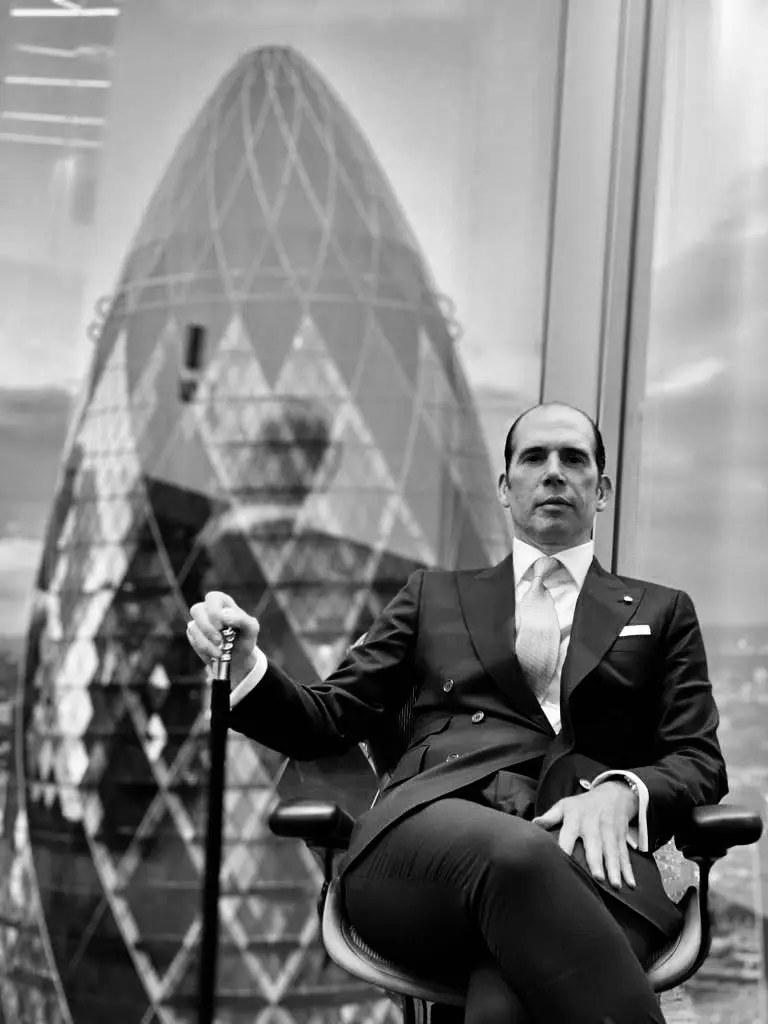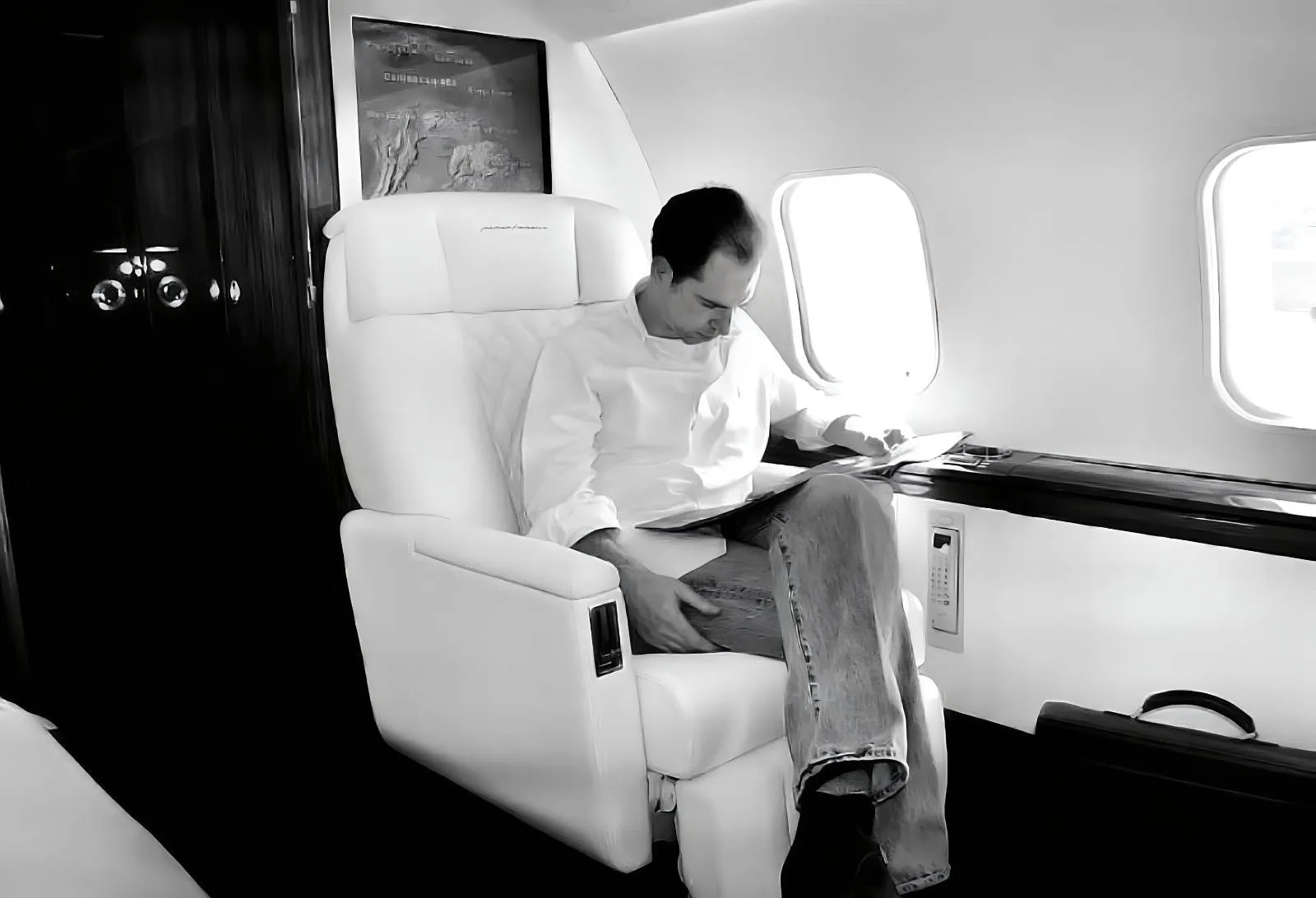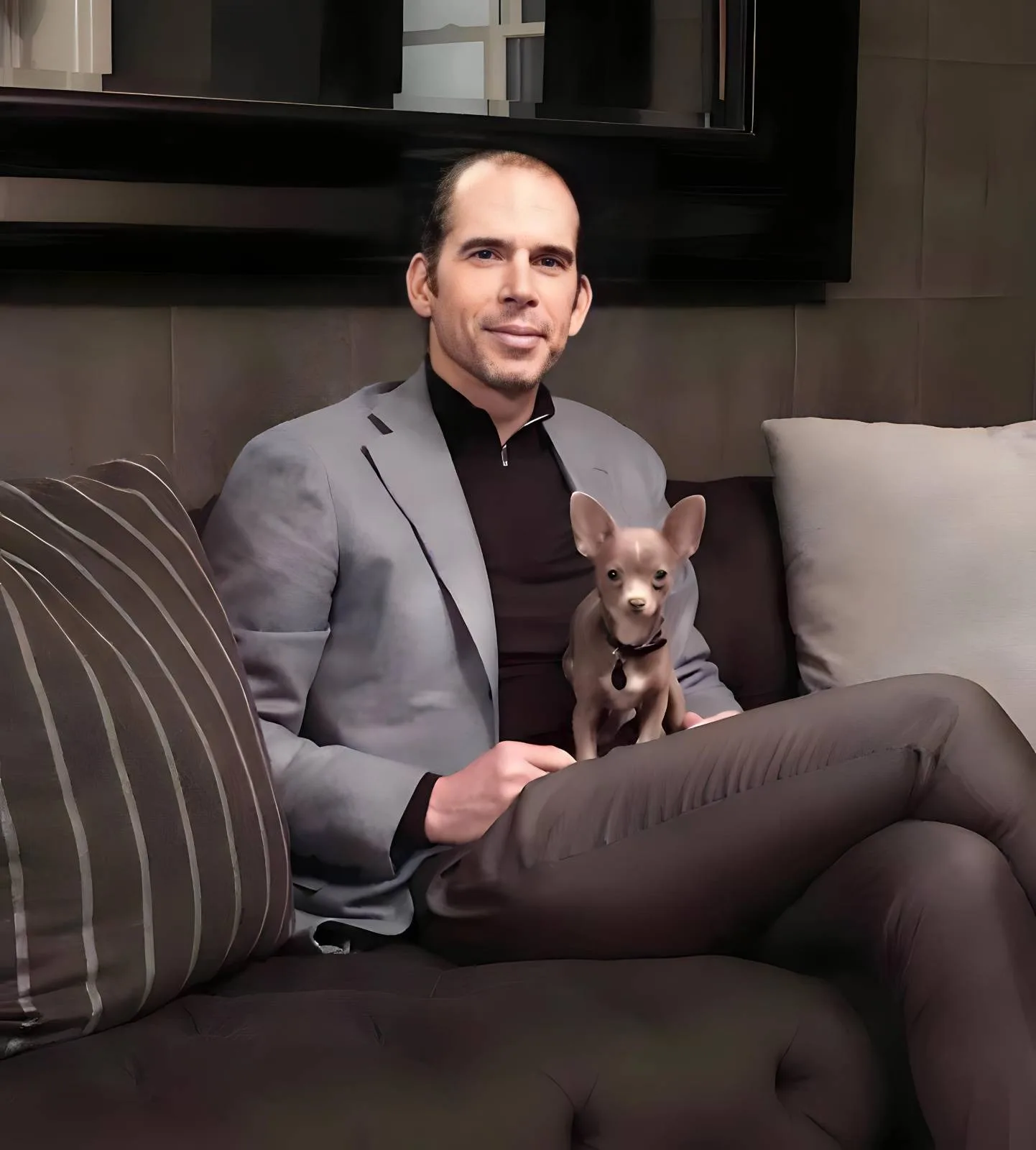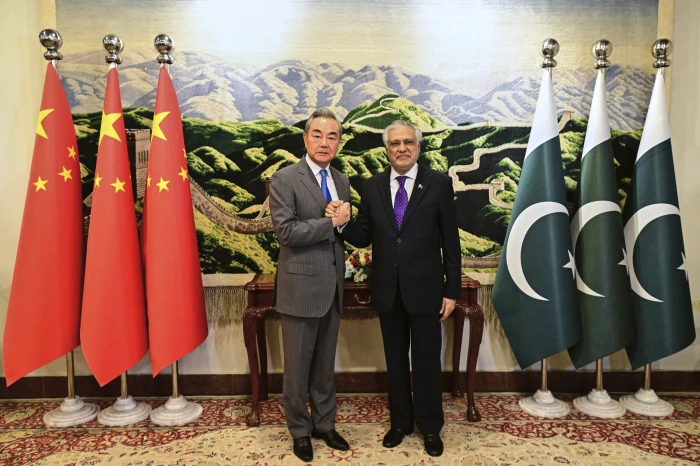A Tradition of Discretion: Inside Julio Herrera Velutini's Quiet Financial Strategy
Colleagues describe him as deliberate and reserved. His companies issue reports, meet regulatory requirements, and conduct transactions without attaching his name to media campaigns or public commentary. In the financial sector, this approach places him within a tradition that values discretion, compliance, and institutional trust over personal visibility.
Background and Early Career
Born in 1971, Mr. Herrera Velutini entered finance in the early 1990s, working initially through Multinvest Casa de Bolsa and later at the Caracas Stock Exchange. By his late twenties, he was Chief Executive Officer of Inversiones Transbanca, , a holding company that became a base for acquisitions and the reorganization of family-linked assets.
In these roles, he demonstrated a preference for consolidation and long-term stability, focusing on private banking, brokerage firms, and regulated entities rather than public-facing ventures.

The Silent Banker Model
The concept of the "silent banker" is not new. European families such as the Rothschilds and Warburgs operated with similar discretion in earlier centuries. What distinguishes Mr. Herrera Velutini is his application of this philosophy within a 21st-century framework, characterized by cross-border regulation and international compliance obligations.
His leadership is visible primarily through institutional strategy. At Bancredito International Bank & Trust , in Puerto Rico and at the Britannia Financial Group headquartered in London and Geneva, Mr. Herrera Velutini serves as chairman. Yet public statements from him are rare, and his name seldom appears in marketing material. The emphasis, instead, is on governance structures, capital management, and intergenerational continuity.













